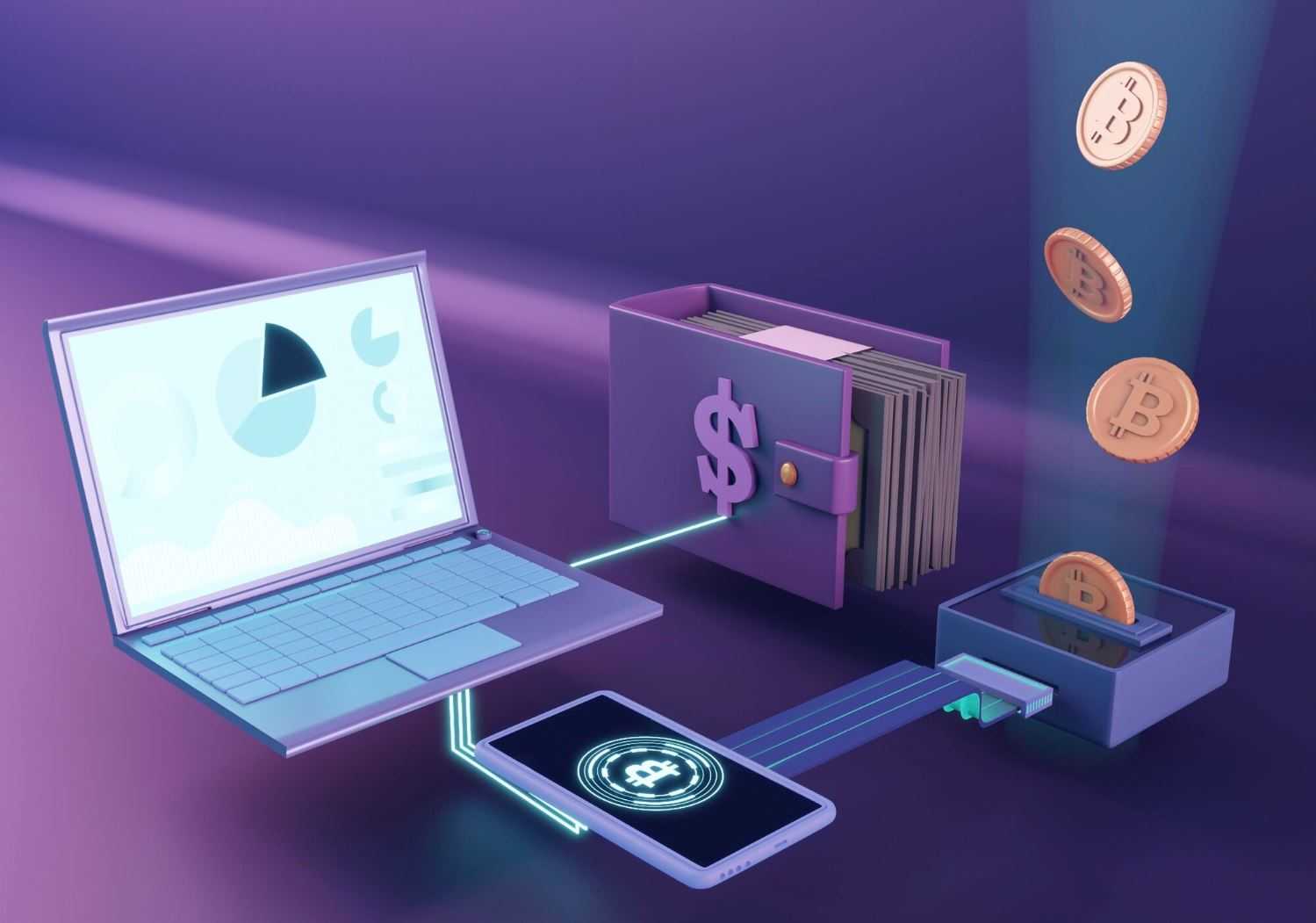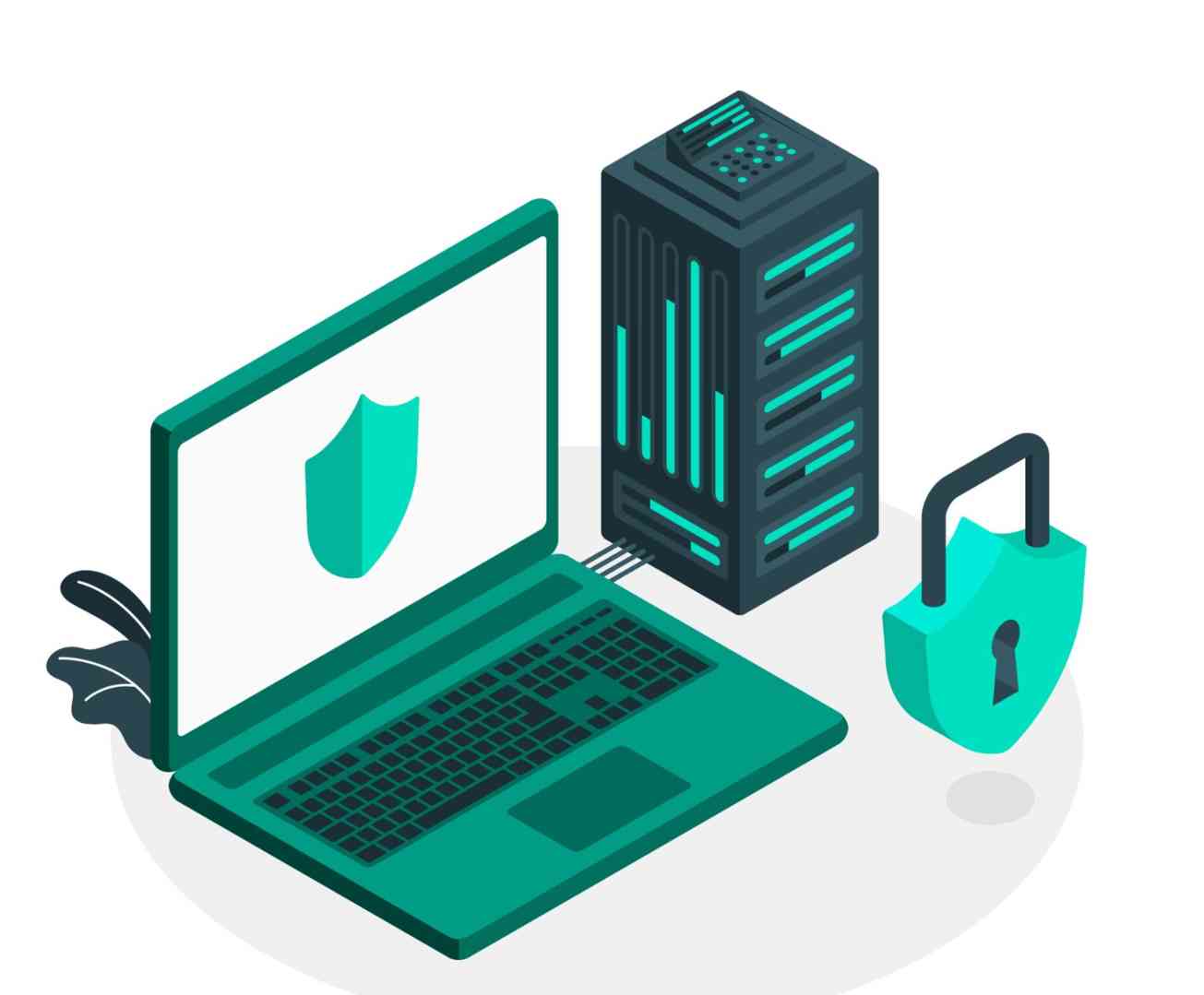Learn about different types of crypto wallets. We cover hardware, software, mobile, and paper wallets and their security, accessibility, and ease of use.
Crypto wallets are essential for managing, securing, and accessing your digital assets on the blockchain. Unlike a traditional wallet that holds physical bills or fiat currency online, these wallets store the private and public keys that allow you to transact and trade cryptocurrency.
Hardware Wallets
Hardware wallets are physical devices designed to store private keys offline. Because they are not connected to the internet, they offer one of the more secure methods for crypto storage.
Also called “cold” wallets, these wallets are ideal if you plan to hold assets long-term without frequent transactions. They connect to a computer or mobile device when needed, usually requiring a PIN or passphrase for access. However, their setup can be less user-friendly, making them more suitable for experienced users or those with larger crypto holdings.
Software Wallets
Software or “hot” wallets are digital applications accessible from a computer or mobile device and compatible with various operating systems and web browsers. Because they are connected to the Internet, they offer convenience for regular trading and transactions, making them easy to use but more vulnerable to hacking attempts.
This type of wallet is best suited to beginners who need to balance accessibility and security but require strong security measures, such as two-factor authentication (2FA) and unique passcodes.
Mobile Wallets
Mobile wallets like Best Wallet are available as iOS and Android apps and provide on-the-go access to crypto assets. They’re useful if you need quick, regular access to your assets, especially if you actively trade or make crypto payments.
These wallets often have QR code scanning for simplified transactions. While convenient, they are connected to the Internet and may be prone to phishing attacks and malware, so it’s crucial to secure them with PINs and biometric authentication if possible.
Paper Wallets
Paper wallets are exactly what they sound like. They are a physical way to store crypto that requires you to print their public and private keys on paper. These wallets are offline, making them immune to online threats, but you must look after them carefully to avoid damaging or losing them.
A paper wallet is suitable for long-term holders prioritising security over convenience, though it may be challenging to set up and use.
Choosing the right crypto wallet depends on your needs. By understanding these types and functions, you can find the best fit for securely managing your digital assets.









